Agribusiness investor Zeder deepens its roots in Zambia
- Business Day
- 14 November 2013
The deal was struck through Zeder's existing investment in that country - its 73.4%-owned commercial farming venture, Chayton Africa
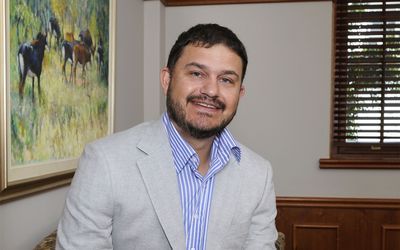
The deal was struck through Zeder's existing investment in that country - its 73.4%-owned commercial farming venture, Chayton Africa
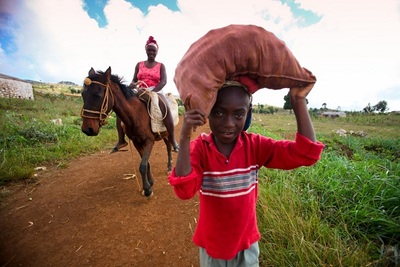
Church leaders and activists from six SADC countries appealed to African parliaments to come up with laws that protect land owners, promote land rights and criminalise massive land grabbing.

Mikhail Orlov, after having sold his Russian farming operations and shifted focus to Zambia, is back with a 4,800 cow dairy farm project in Chechnya.

Video presentation by EmVest CEO Susan Payne at the 2013 Land Investment Expo at the Sheraton West Des Moines Hotel.

Can contemporary large-scale land investments play a role in reducing poverty and inequality? If so, what influences the outcomes? A new research project is gathering data on three farming models – contract farming, plantations and commercial farming areas – in Ghana, Kenya and Zambia.
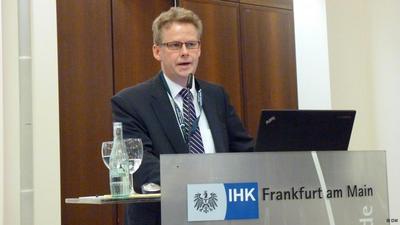
Carl Heinrich Bruhn, cet entrepreneur allemand a loué 30 000 hectares de terres en Zambie, affirme qu'il n'est pas un accapareur de terres. Il veut que les agriculteurs locaux aient désormais accès aux engrais et aux insecticides pour augmenter leurs rendements.
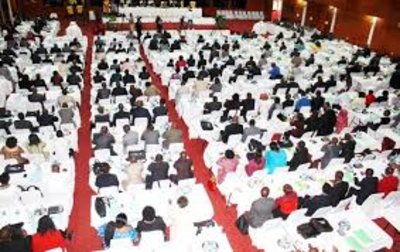
Delegates demand that land should not be recklessly sold to foreigners during proceedings at Zambia's National Constitution Convention in Lusaka.
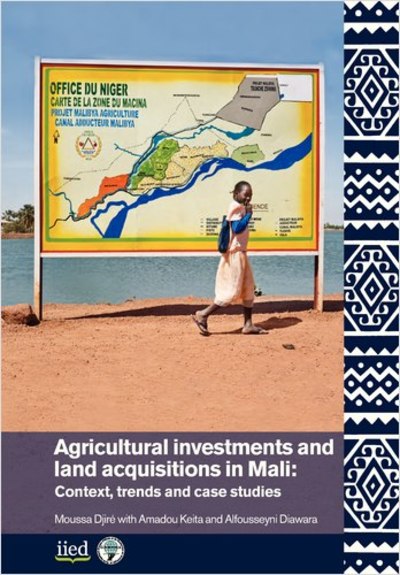
Two new reports by IIED look at agricultural investments and land acquisitions in Mali Ans Zambia.
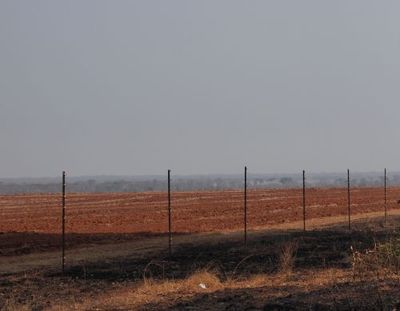
Le développement agricole accru en Zambie compromettra en réalité la sécurité alimentaire du pays, puisque des fermiers continuent d’être chassés de leurs terres coutumières pour ouvrir la voie à l’agro-industrie locale et étrangère à grande échelle.
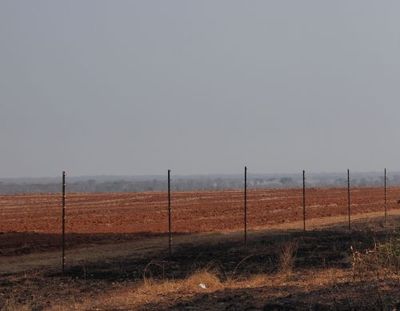
"El acaparamiento de tierras aumenta la incidencia y la prevalencia de la pobreza en el país al aumentar la cantidad de personas que no pueden cultivar su propio alimento ni enviar a sus hijos a la escuela"

Increased agricultural development in Zambia will actually compromise the country’s food security as peasant farmers continue to be driven off their customary land to pave the way for large-scale local and foreign agribusiness.
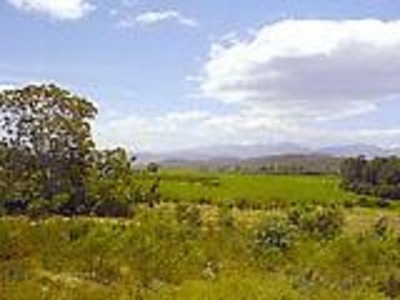
The Kiel Institute suggests that if such investments are governed more effectively, land acquisitions can provide the developing world with positive opportunities.